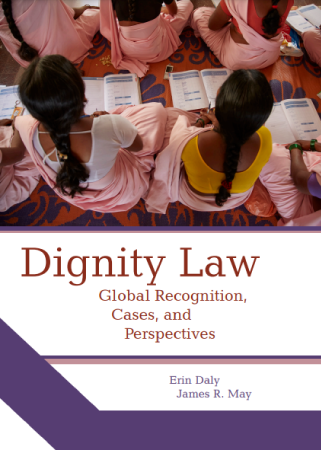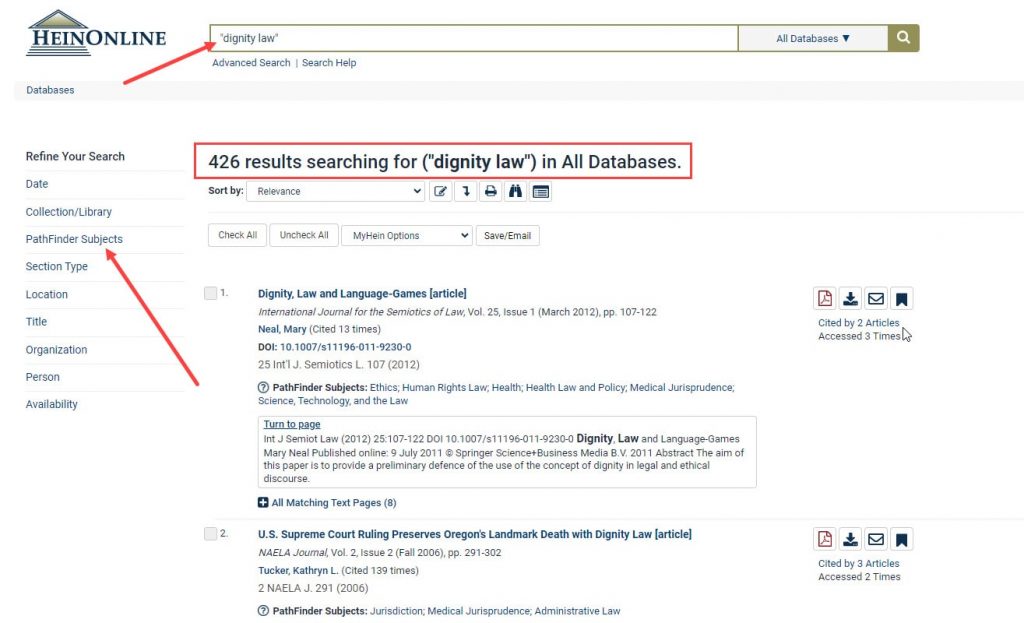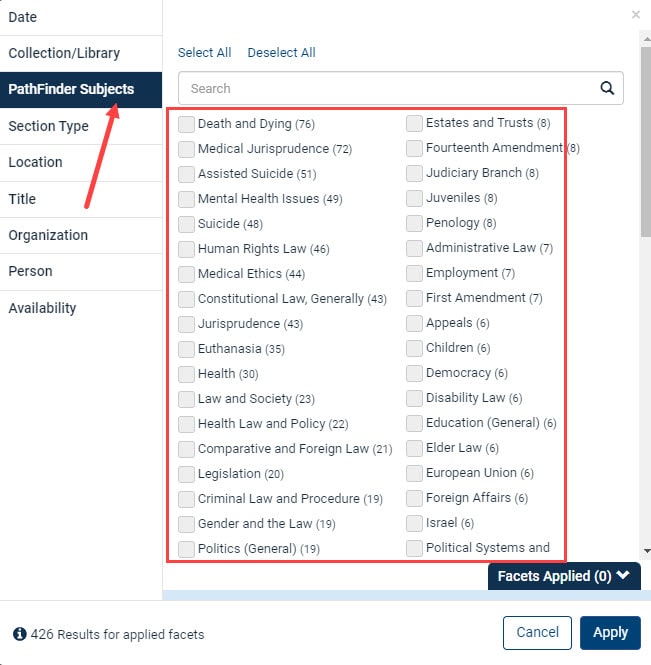A guest post by Erin Daly and James R. May, authors of Dignity Law: Global Recognition, Cases, and Perspectives
Human dignity is the essence of what makes us human. And the law reflects and protects this uniquely human value in myriad ways. It’s the foundation of international human rights law which reaffirms, again and again, the inherent worth and equal dignity of all members of the human family. It’s in the constitutions of more than 170 nations, and incorporated into the fabric of constitutional law of still others. The American Bar Association has recognized that dignity is the foundation of a “just rule of law” and urged governments around the world to reflect it in all their government functions. And while it is not as firmly rooted in American law as it is in many other countries and regions of the world, U.S. courts are starting to recognize that, as one federal court said recently, “Dignity, or respect of our fellow human beings, is an important principle underlying many constitutional rights. Because of this, the Supreme Court has routinely discussed dignity in cases where plaintiffs seek to vindicate those rights.”(Davis v. Neal, No. 1:21-cv-01773-TLA (D.Del. August 17, 2023) at 15.)
Students all over the globe are learning that dignity is the heartbeat of the law, but Dignity Law: Global Recognition, Cases and Perspectives is the first casebook demonstrating how courts are incorporating the notion of human dignity into their legal decisions and holding governments accountable when they fail to respect the inherent and equal worth of every person. The global jurisprudence of dignity is growing day by day and this casebook features cases from all over the globe, from Europe and the Americas, to Asia to many countries in Africa. Students will learn how the German constitutional court has decided that the right to hope is an elemental part of human dignity, how a court in Pakistan has decided that vote dilution through gerrymandering denies the dignity of equal participation in elections, and how courts in Nepal, Colombia, and elsewhere are working to ensure that people can live with dignity in a healthy environment—among many others.
The Importance of Teaching Dignity Law
Dignity law is a particularly gratifying area of the law to teach because it’s new to students, and yet students often say it’s exactly what they came to law school for. In Dignity Law, students find a way to talk about the most important things that law seeks to protect:
- the human desire to be and express oneself is evident in the cases about gender and sexual identity;
- the desire to live decently in ways that reflect self-respect is seen in the cases about the right to housing, health care, a reasonable standard of living, and a clean environment;
- the need to be respected by others and treated “as a person” is protected in cases about the treatment of people in custody; and
- the need to participate in social and political life on an equal basis as others is reflected in cases about discrimination, privacy, and public participation.
Human dignity is touched in all aspects of the human experience, so dignity law touches all areas of law. And increasingly, judges around the world are using the concept of human dignity to help explain the rights that people should have: why it harms dignity to dilute the right to vote, why a woman’s dignity is harmed when she is sexually abused, why a person’s dignity is harmed when they are a victim of discrimination. For instance, courts in Mexico, the United States, India, South Africa, Canada, and elsewhere have all relied on the concept of dignity to find that prohibitions on same-sex marriage are unconstitutional. Other courts have found that sentences of death and life without parole are unconstitutional because they violate human dignity.
About the Title
We know that for many professors, this is a new area of the law, or a new way to look at the law. In addition to a detailed teachers’ guide, the book has many features to support those who are teaching dignity law for the first time. The Overview maps out the essential attributes of human dignity, as it is understood by courts, and the overarching features of dignity law as we see it in cases throughout the world. The first and second chapters provide perspectives on dignity and dignity law over time and space, explaining the history of how the meaning of dignity evolved over time and ultimately came to be the “lodestar” of law, and showing how the concept of dignity varies in different cultural contexts. Chapter 3 provides the history of dignity as a legal concept in the last 75 years of the human rights era. The heart of the book considers how courts have used dignity in their cases to help define what it means to be human in the 21st century, and where the line between private personhood and public power should be drawn. The book also contains abundant excerpts from scholars to provide additional perspectives on dignity law. The questions after each selection are in several forms: while many questions simply ask students to look more closely at how a decision was rendered, some questions ask students to put themselves in the position of lawyers arguing for (or against) the dignity claim, and still others ask students to consider how they would decide a case and explain their decision if they were a judge. The Teacher’s Manual provides answers to all of the questions in the book and additional perspectives on the commentary. The Teacher’s Manual also provides sample syllabi for courses of varying length.
We have used the Casebook in a variety of educational settings: a 3-credit doctrinal course, a 2-credit seminar, and 1-credit short courses. We have also used it in skills courses to support and supplement practical experiences in advancing dignity law. With the use of the casebook, students have, for instance, advocated for better conditions for people who are incarcerated; written petitions to international and regional human rights bodies; written white papers for international NGOs on the rights of refugees, of ethnic minorities, and others; and worked with NGOs around the globe to advance dignity rights of vulnerable people everywhere. We’d be delighted to share our experiences.
This casebook is the culmination of more than 10 years of study about dignity rights and dignity law. The authors having published many books and articles in the United States and abroad on dignity law and environmental law and human rights. The authors are also founding members of the American Bar Association’s Dignity Rights Initiative in the ABA’s Center for Human Rights.
About the Authors
Erin Daly is Professor of Law at Widener University Delaware Law School, where she served as Interim Dean and as the H. Albert Young Fellow in Constitutional Law. She is the Executive Director of Dignity Rights International, a non-profit organization dedicated to protecting the dignity of every person, everywhere. She serves as the Director of the Global Network for Human Rights and the Environment, as the U.S. National Correspondent for the Centre international de droit comparé de l’environnement (CIDCE), and as a member of the Normandy Chair for Peace. She is the author of Dignity Rights: Courts, Constitutions, and the Worth of the Human Person (2d ed. 2020) and the coauthor of Reconciliation in Divided Societies: Finding Common Ground (2010), The Advanced Introduction to Human Dignity and Law (2020), and Global Environmental Constitutionalism (2015), and the coeditor of Human Rights and the Environment: Legality, Indivisibility, Dignity and Geography (2019) and Implementing Environmental Constitutionalism (2018), among others.

James R. May is Distinguished Professor of Law at Widener University Delaware Law School where he established the Dignity Rights Project and the Dignity Rights Practicum, served as the H. Albert Young Fellow in Constitutional Law, and founded the Global Environmental Rights Institute. He is the President and Senior Counsel of Dignity Rights International, a founding member of the Dignity Rights Initiative of the American Bar Association’s Center for Human Rights, and a Special Representative for the International Council of Environmental Law. May is the coauthor of The Advanced Introduction to Human Dignity and Law (2020) and Global Environmental Constitutionalism (2015), author of Modern Administrative Law (2018), editor of Principles of Constitutional Environmental Law (2013), and coeditor of Standards of Environmental Rights (2019), Human Rights and the Environment: Legality, Indivisibility, Dignity and Geography (2019), Implementing Environmental Constitutionalism (2018), and Shale Gas and the Future of Energy (2016), among numerous books and works about environmental constitutionalism and human dignity

Pricing
Dignity Law: Global Recognition, Cases and Perspectives
Item #: 1006411
ISBN: 978-0-8377-4135-2
Pages: xxxv, 521p. (558p. total)
Price:………$125.00 paper
Published: Getzville; William S. Hein & Co., Inc.; 2020

Continue Your Dignity Law Research in HeinOnline
Researchers interested in learning about the essential area of law that is dignity law will find a wealth of information in HeinOnline to supplement their learning. For example, just a simple keyword search across all of HeinOnline’s databases for “dignity law” brings up more than 400 results. When examining the PathFinder subjects related to these results, some of the subjects that come up include “Assisted Suicide,” “Gender and the Law,” “Civil Rights,” “Abortion,” and “First Amendment.” Users can narrow down their results to the specific subtopic within dignity law that they are looking for using our PathFinder Subjects facet.





